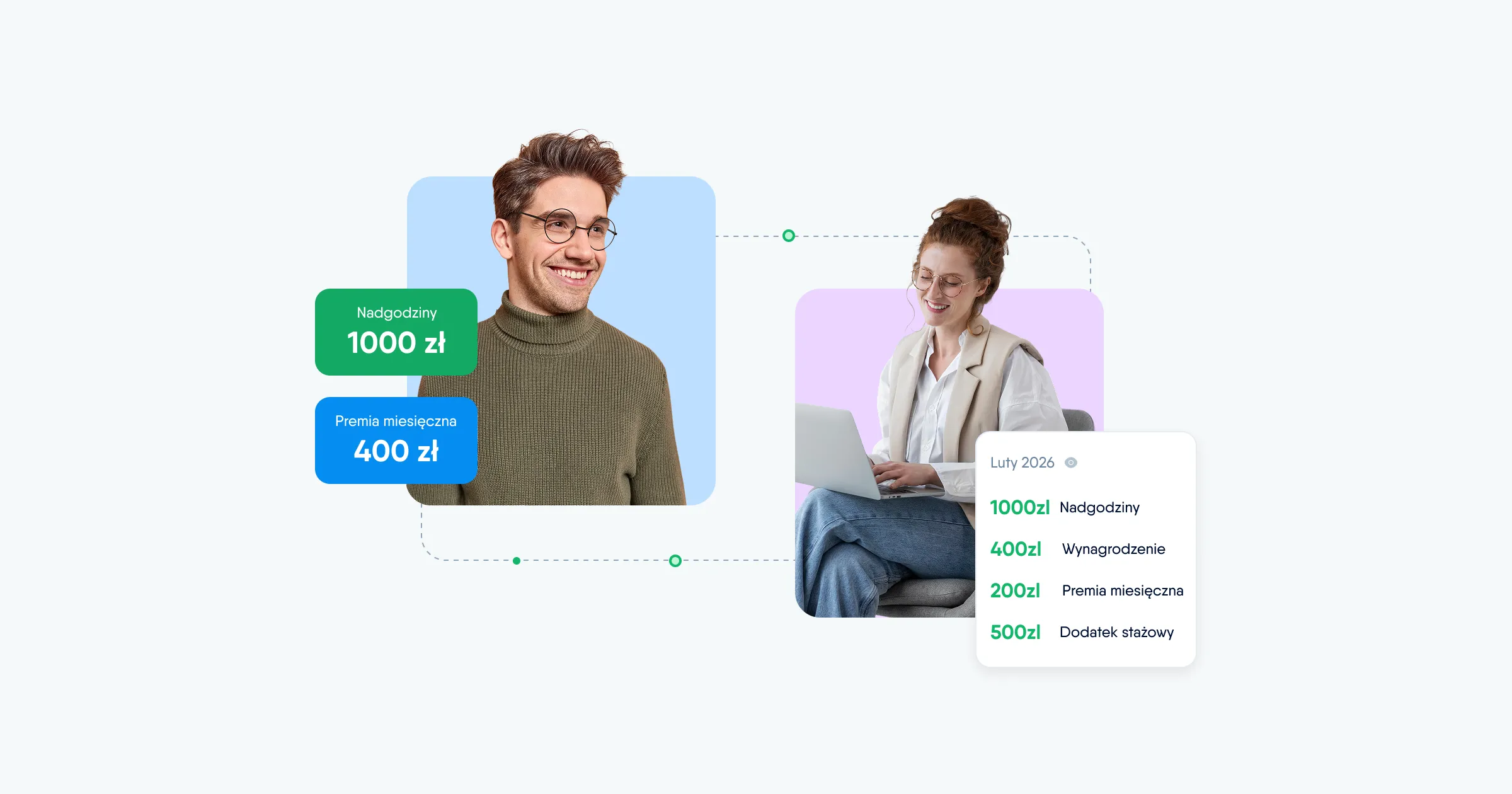Learning Management System (LMS)
What is a Learning Management System (LMS)?
What is a Learning Management System (LMS)?
A Learning Management System (LMS) is software that facilitates remote learning in schools, universities, and businesses of all sizes. Organizations that implement an LMS can create and manage their own training content, such as videos, graphics, animations, and various text materials. Students, employees, or trainees can then acquire the necessary knowledge and develop relevant skills. Learning can occur synchronously (e.g., participating in a live webinar on a specific date) or asynchronously (e.g., accessing a previously recorded webinar).
LMS platforms support various forms of learning, including traditional online courses, webinars, quizzes, tests, and other interactive educational formats, often enhanced with gamification elements. Most systems allow user account creation, progress tracking, and the generation of reports on training effectiveness.
Types of LMS solutions
Organizations can host an LMS platform on their corporate servers or purchase access via a SaaS model.
- Self-hosted platforms provide full control over content but may have limitations in scalability, speed, and integration with other tools. They require a dedicated server and technical staff to maintain the platform.
- Cloud-based LMS solutions are hosted by the software provider, offering greater scalability, multiple integrations, and quick access to resources.
LMS platforms are available in open-source models, providing public access to the source code, or in commercial versions, requiring the purchase of a license and authentication.
Key features and capabilities of online LMS systems
An LMS platform centralizes an organization's training resources into a course library and offers features such as:
- Content creation, editing, and management: Administrators can upload, modify, and manage materials, granting specific access rights to users.
- Compliance management: Ensures all users receive the same information.
- Remote learning: Users can access materials from anywhere, synchronously or asynchronously.
- User activity tracking and progress monitoring: Administrators can verify if users are utilizing materials and completing courses.
- User certification: Course authors can establish their own certifications to verify course completion.
- Learning process analysis and evaluation: Administrators can create reports and analyses to provide more engaging content in the future.
LMS platforms often include communication tools for user interaction with administrators (e.g., technical chat), instructors (e.g., private chat), or other users (e.g., discussion forums), along with notifications and alerts to keep users updated on deadlines, new resources, and important updates. They also employ gamification elements like crosswords, quizzes, knowledge tests, scoring, badges, and rewards for completing learning stages.
Many LMS systems available in the SaaS model offer integrations with other tools, such as CMS, CRM, LPX, or HR platforms.
Why implement an LMS platform in your company?
- Increased productivity: Employees have access to diverse and readily available materials, enabling faster knowledge acquisition and increased productivity.
- Resource savings: Creating materials once and sharing them with a growing number of employees significantly reduces training expenses. Future updates eliminate the need for hiring instructors, organizing in-person training, and printing materials.
- Time savings and training accessibility: Employees can access a wide range of training opportunities at any time and place, eliminating travel time for off-site training. Access can be granted to all or selected employees as needed.
- Positive Employee Experience: Customized training for individual employees or teams enhances their experience and is a key element in talent retention strategies. Continuous learning keeps employees engaged.
- Automation of repetitive processes: LMS platforms automate knowledge transfer and acquisition, ensuring consistent experiences for all employees. Streamlined user registration, clear platform instructions, and standardized evaluation and certification processes ensure quick and high-quality learning.
- Quality control: Centralizing training helps maintain high-quality training materials. Administrators and instructors have easy access to resources, and most LMS platforms offer user-friendly interfaces for quick and simple resource editing. LMS platforms also include encryption and other security features to protect data confidentiality.
Utilizing a Learning Management System for business
Employee onboarding and personalization
LMS systems provide new hires with essential company information, procedures, and organizational culture in a structured manner, ensuring a consistent onboarding process. Onboarding can be personalized for different positions.
Skill development and compliance monitoring
Employees can take online courses to develop technical, soft, or professional skills (e.g., sales, product knowledge). Courses can end with a certificate verifying material mastery, and regular monitoring of employee development helps identify areas for improvement.
Continuous improvement
Ongoing access to LMS resources allows employees to update their knowledge and skills regularly, giving the organization a competitive advantage.
Compliance management
LMS platforms can be used for mandatory training on legal regulations, workplace safety, data protection, and other industry regulations.
Support for remote and hybrid Work
Employees can access training resources from anywhere at any time and work at their own pace, balancing work with personal life.
Organizational culture building and engagement
Creating dedicated courses and training programs tailored to employee needs enhances productivity and engagement.
Support for branding activities
LMS platforms can support an organization's Employer Branding by providing information on operational guidelines, organizational values, and principles to external partners, suppliers, consultants, franchisees, or job candidates (active and passive).

